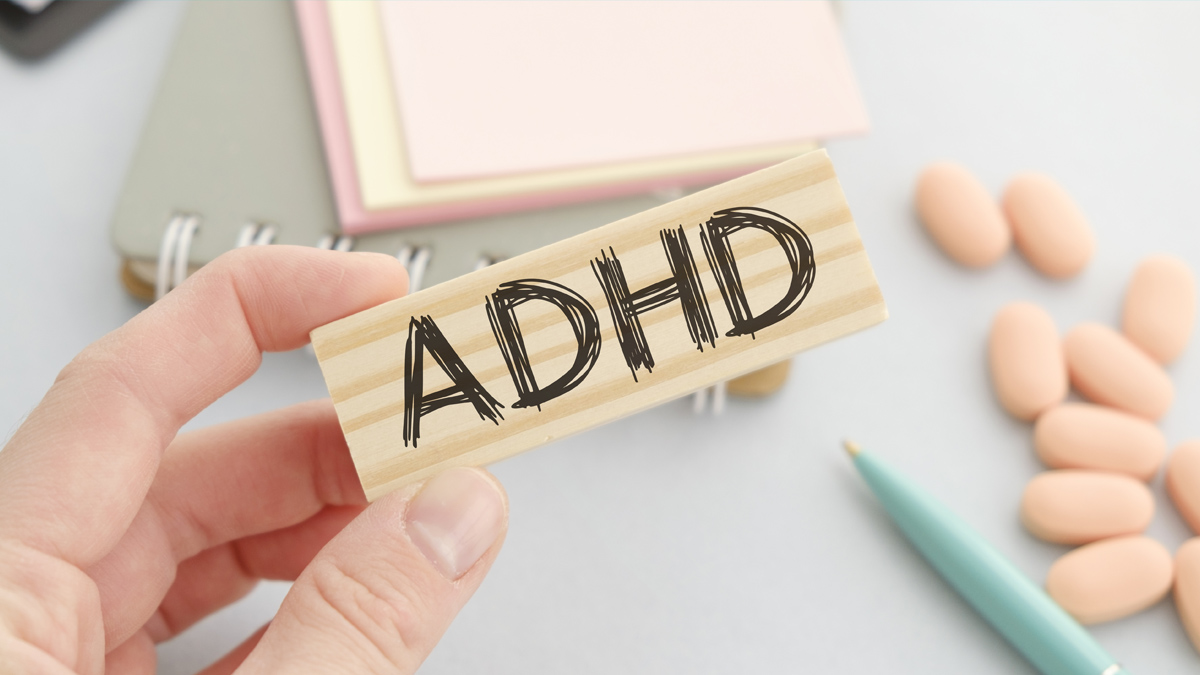For the past 25 years, attention deficit hyperactivity disorder has steadily increased in many parts of the world – and if the current direction continues, it could eventually become a 21st-century epidemic.
In 2017, Steven Krozer, a board-certified psychiatric nurse practitioner, founded iTrust Wellness Group in Greenville, South Carolina, to address this trend and help treat a disorder that has become increasingly prevalent in adults.
“Of our 4,500 patients, we have roughly 500 that we are treating for ADHD symptoms, with most of them being adults,” said Krozer, who leads a team of registered nurses, therapists and other professionals in the treatment of mental health care. “Adults must juggle more day-to-day responsibilities than children.
A changing work landscape due to the COVID pandemic has contributed to a more common occurrence of ADHD symptoms
in adults.”
Like other disorders such as depression and bipolar, ADHD can be treated, and the chance for long-term symptom relief is good.
If you or someone close to you is having trouble concentrating or focusing, the iTrust Wellness Group ADHD specialist team is trained to diagnose, treat and assist in determining an individualized treatment plan that may include:
• Talk Therapy – This one-on-one approach has various goals, such as: turning negative behaviors into positive ones; improving social interaction with others; getting advice on a daily diet plan; or simply suggesting ways to get more sleep to increase a person’s ability to focus during the day.
• Prescription Medications – Five medicines currently are indicated for ADHD treatment: methylphenidate, lisdexamfetamine, dexamfetamine, atomoxetine and guanfacine. While these drugs cannot cure ADHD, the iTrust Wellness staff can explain how they can alleviate its symptoms and which of them you need.
• Natural Supplements – ADHD symptoms can often be handled through additional daily nutrition by taking supplements such as zinc, iron, magnesium, vitamin C, omega-3s and melatonin.
“We customize our treatment programs to every person,” Krozer said. “We fully inform each patient about their condition and how to become active participants in the care they receive from us before we suggest any treatment. And our providers are trained to offer and implement natural supplements into treatment plans to complement any prescriptive medications and to
improve and alleviate symptoms.”
Based on reports from WebMD, an online publisher of news and information pertaining to human health and well-being, only 4% to 5% of U.S. adults have ADHD. But, including all ages, the National Institutes of Health in Bethesda, Maryland, determined that the disorder increased from around 6% in 1997 to more than 10% in 2016.
“We approach treatment from a wellness mind-set,” Krozer said. “And if you need help in handling ADHD, the specialists at iTrust Wellness Group will do everything possible to improve and maintain the level of your disorder. We encourage anyone interested in becoming a patient or learning more about ADHD to reach out to our practice as our clinical support staff and specialist providers are ready to help.
By L.C. Leach III
